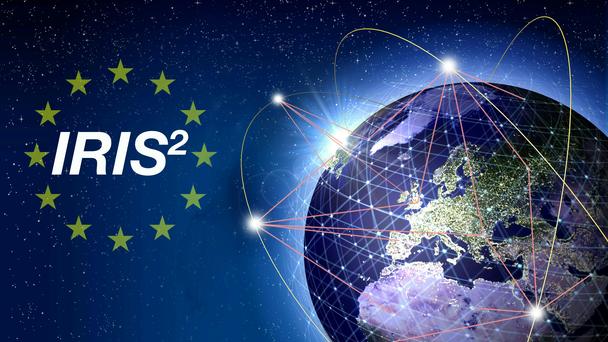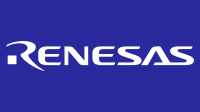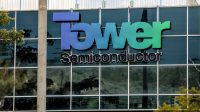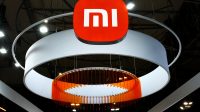Europe’s IRIS² Satellite Constellation: A Competitor to Starlink and Kuiper

Europe is currently seeking final offers for the development of a 6 billion euro ($6.55 billion) satellite constellation known as IRIS², designed to rival Elon Musk’s Starlink and Jeff Bezos’ Kuiper. This ambitious project, initiated by the European Commission, faces concerns about potential bureaucratic delays that could render it outdated in the fast-evolving landscape of artificial intelligence (AI).
The European Space Agency (ESA) announced on Friday that it is inviting final proposals for the creation of the secure communications system. The IRIS² project, a response in part to Musk’s Starlink supporting Ukraine during the conflict with Russia, is crucial for ensuring secure communications for European Union governments and expanding commercial broadband services to underserved regions between 2025 and 2027.
As of now, the primary bidder for the contract is a consortium comprising Airbus, Thales Alenia Space, Eutelsat, Hispasat, and SES, with the potential deployment of up to 170 satellites. However, concerns have been raised about the potential obsolescence of IRIS² due to bureaucratic processes. Denis Mercier, former French air force chief, and Marc Fontaine, ex-Airbus executive, expressed these concerns in a Politico opinion piece.
Addressing AI Integration in IRIS²
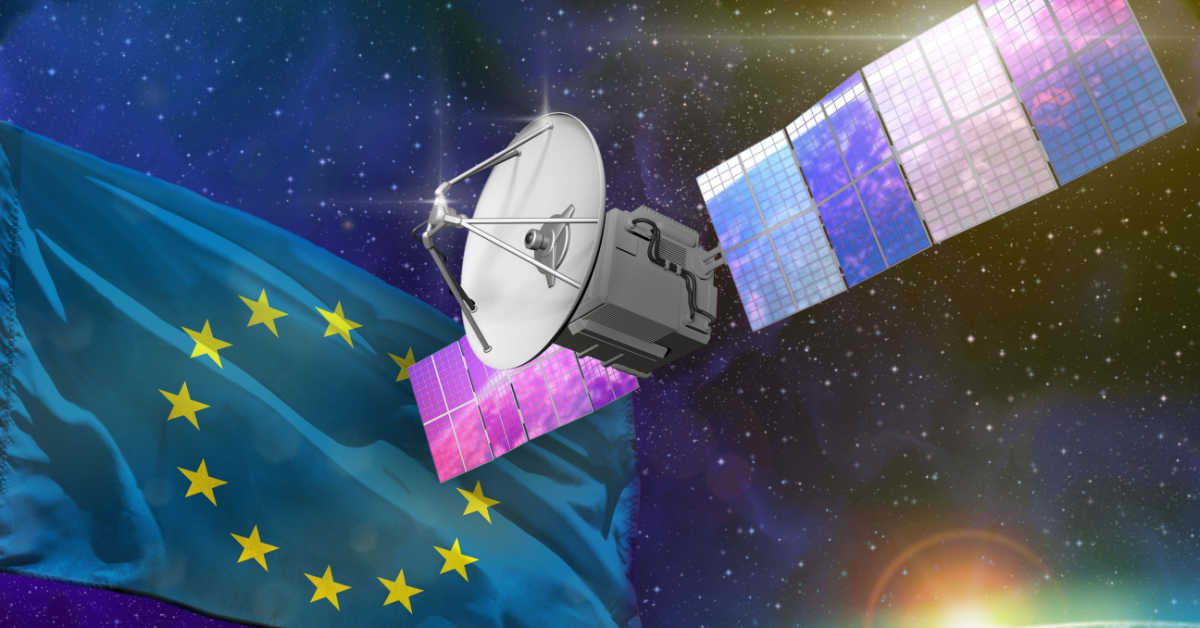
The European Commission responded to these concerns, stating that they are actively considering incorporating AI capabilities into the IRIS² system. The inclusion of AI, particularly in the form of Edge computing within satellites, is seen as a crucial enhancement. This technology could reduce information overload for analysts and enable adaptation to potential interference, such as smart jamming.
Helsing, a German defense AI start-up, emphasized the importance of integrating AI capabilities into IRIS². The firm specializes in onboard AI software and advocates for the nimbleness and flexibility required to keep pace with evolving technologies in both space and defense sectors.
The EU has committed to allocating 30% of the EU-funded portion of IRIS², amounting to 2.4 billion euros, to small firms. This move aims to foster innovation and embrace new business models in the rapidly changing landscape. Critics argue that traditional procurement processes may hinder the adaptability required for emerging technologies.
While the Airbus-led consortium did not directly address the concerns raised by Helsing, they emphasized that IRIS² would leverage cutting-edge technology and expertise from companies across Europe. The ESA assured that, once the main IRIS² contract is awarded, smaller companies would gradually be involved in the project, with the process extending throughout 2024, according to ESA Director of Navigation Francisco-Javier Benedicto Ruiz.
Read More (Innovation – Tech Foom)

